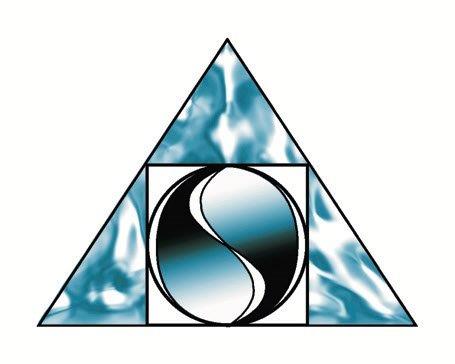The Busy Bee
“The busy bee has no time for sorrow.” ─ William Blake
I have noticed that clients of mine from time to time will say something like, “I am so busy!” Then they take a huge breath as they sit down with a loud “whew!” Some people seem to value how busy they are as a sign of personal significance. Their lives are measured and occupied by their diligent busyness. They are” hard at it” to make a living. Have you ever noticed that the word business really means be-you-is-ness?
The busy doer has no freedom because he or she engages in a task oriented, endless usefulness or a rote meaningless activity. So much so that their human existence is unavailable to them self. They are unable to stop all their undertakings and sort them out. The busy doer consistently and constantly busies him or herself with everyday jobs. They often avoid their personal creativity, including knowing their individual thoughts and thinking mind, and are not in touch with or contemplating their own spirituality. (This article is about the busy bee as metaphor and not about the spiritual significance and meaning of the bee since ancient times.) Relationships with other people are difficult, especially if they are too busy to talk. They can seem to be addicted to always being on the go. This type of personality lives in a beehive of activity as they buzz around, which is not necessarily an actual work.
The Busy Addiction
“When you shoot an arrow of truth, dip its point in honey.” – Arab proverb
When I have asked about other areas in a client’s life they might say, “I am too busy for that or to start dealing with that issue.” This busyness is a state of mind. It keeps you from attending to your own issues. These can be sensations of inferiority, emptiness, sadness, disappointment and other vulnerable feeling experiences such as grief and loss.
This busyness can be a compensation to some of the above feelings. Because if you feel in demand, needed, wanted, and valued these can be a powerful attraction that removes you from yourself. This loss of a balanced connection between your head and heart causes an out of proportion living.
And now you ask in your heart,
“How shall we distinguish that which is good in pleasure from that which is not good?”
Go to your fields and your gardens, and you shall learn that it is the pleasure of the bee to gather honey of the flower,
But it is also the pleasure of the flower to yield its honey to the bee.
For to the bee a flower is a fountain of life,
And to the flower a bee is a messenger of love,
And to both, bee and flower, the giving and the receiving of pleasure is a need and an ecstasy.
People of Orphalese, be in your pleasures like the flowers and the bees.
─ Kahlil Gibran, The Prophet
Idling
“A man is not idle because he is absorbed in thought. There is visible labor and there is invisible labor.” ─ Victor Hugo
Some people have a distaste for idleness. There is an aversion to idling. The dislike for idleness is because it goes against the cultural work ethic. Bees are respected for their industrious natures. Originally, Chaucer’s Canterbury Tales, written in the late 1380s was thought to contain the simile busy as a bee.
Idle is from old English idel, meaning void, empty. It is associated with wasting time, avoiding work, and being inactive such as idling away an afternoon or just sitting in your car as the motor idles. Sometimes people can distract themselves from their own life by being a busybody and meddling in the business of someone else’s life.
Questions for Yourself.
What would your life be like if you weren’t so busy?
What would you really want to do and be?
What would happen to you if entered your own inner bee hive?
What might you find inside yourself?
“ Life has many ways of testing a person’s will, either by having nothing happen at all or by having everything happen all at once.” ─ Paulo Coelho
© Ozimkiewicz







